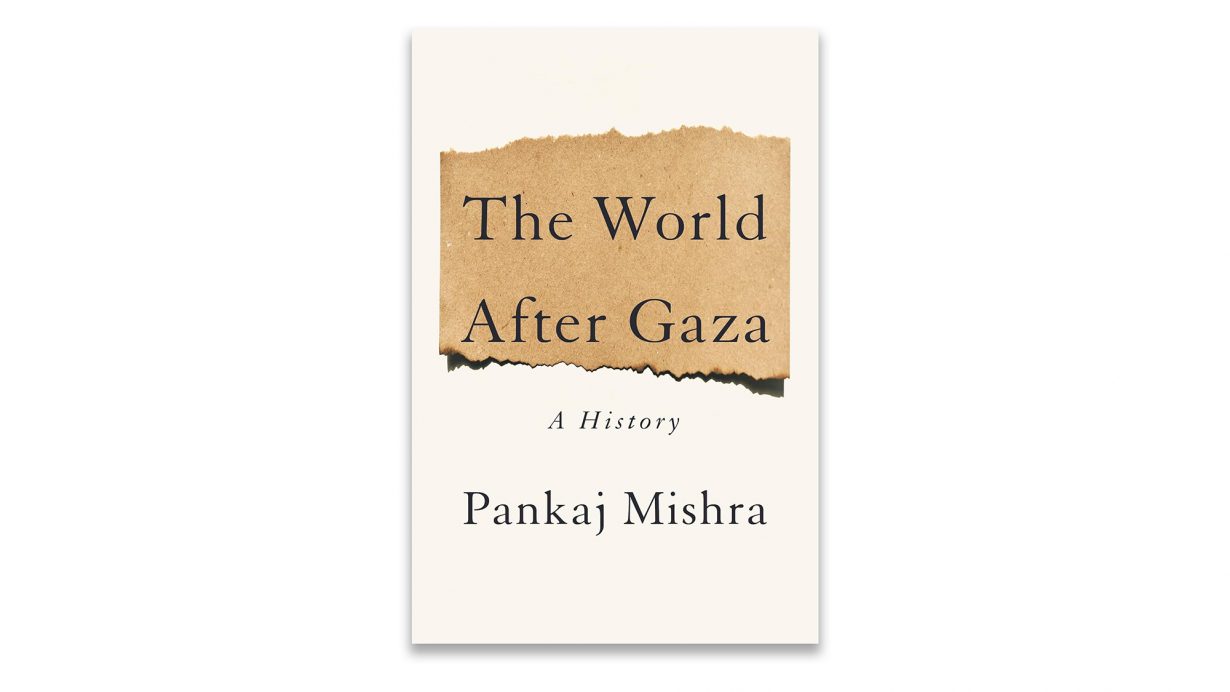While not without its flaws, this is brave writing that demands to be read

Over the past two decades, Indian essayist and novelist Pankaj Mishra has positioned himself as one of the key thinkers in reimagining our world through the lens of decolonisation. While his latest book omits that world from its title, it nevertheless remains at its centre, as Mishra struggles to think his way through the ‘moral calamity’ that characterises Israel’s actions in Gaza after 7 October 2023, and the West’s general acceptance and endorsement of them. For Mishra, decolonisation is the creation of a ‘past, present and future’ in which the global majority can recognise themselves, as opposed to a history in which they were constantly rendered impotent. And what’s happened in Gaza, with its attendant reversion to a might- is-right morality and an ethnonationalist conception of the nation-state, has swept all that aside.
The first part of his book concerns how the Holocaust (or Shoah, to use, as Mishra does, the Hebrew term) gradually became the raison-d’être of Zionism and the Jewish State. Not that this is about Israel alone. Along the way he observes that the Holocaust also highlights a ‘deficit of compassion in the West’, whose states were often resistant to taking in Jewish refugees, preferring instead various forms of ‘bystanderism’. (Albeit his discussion of the Hamas attacks themselves is brief to the point that opponents might accuse Mishra of indulging in a little bystanderism of his own.) A mixture of fear about the Holocaust happening again and guilt about it happening in the first place has shaped the politics and morality of most Western nations, and those they touched.
In the second part of the book, Mishra weaves the Shoah, the Nakba (the ethnic cleansing of Arabs from Palestine in 1948) and the partition of India together, as the parallel products of ‘imperialist skullduggery, nationalist opportunism, clumsy partition, war and ethnic cleansing’. And then looks at how the nationalists in charge of India and those in charge of Israel have used these events as an excuse to launch violence ‘without constraints’. He moves on to align the Arab cause with a historic pattern of wider racist oppression, arguing that they are being dealt with in the same way as all people of darker skin have been. And perhaps it’s in his insistence that what’s happening in the Middle East is not remote and not something about which we can figure out the whys and wherefores at a later date that Mishra makes his most powerful arguments. While not without its flaws, this is brave writing that demands to be read.
The World After Gaza by Pankaj Mishra. Fern Press, £20 (hardcover)
From the April 2025 issue of ArtReview – get your copy.